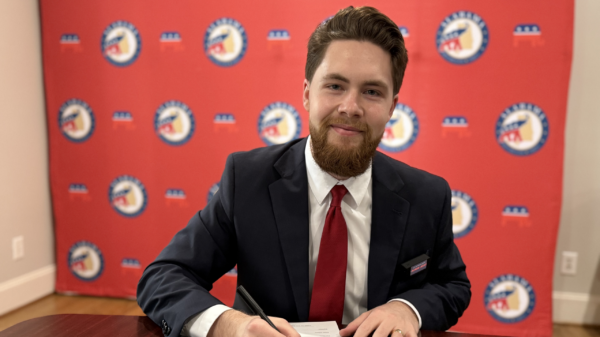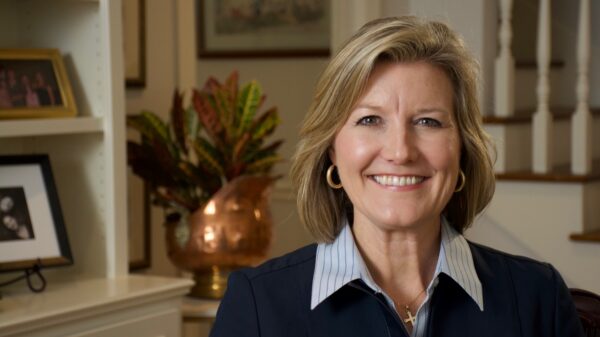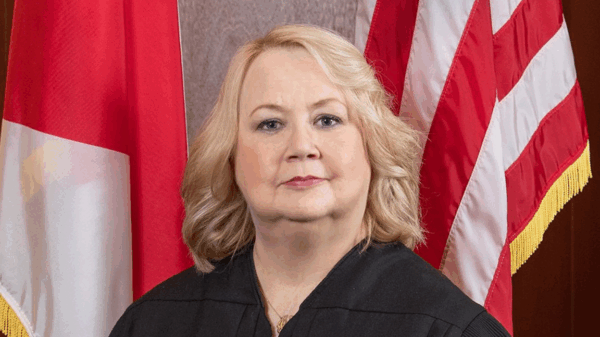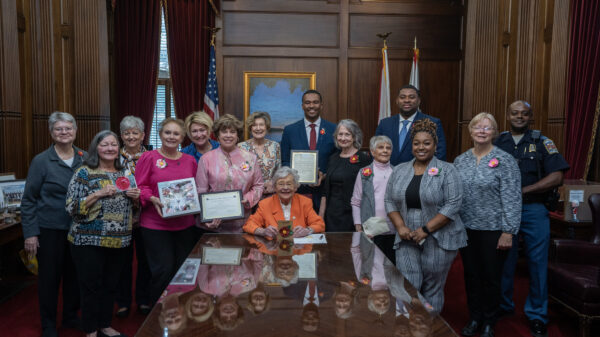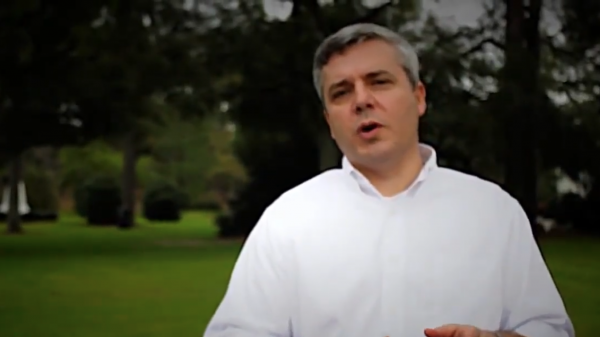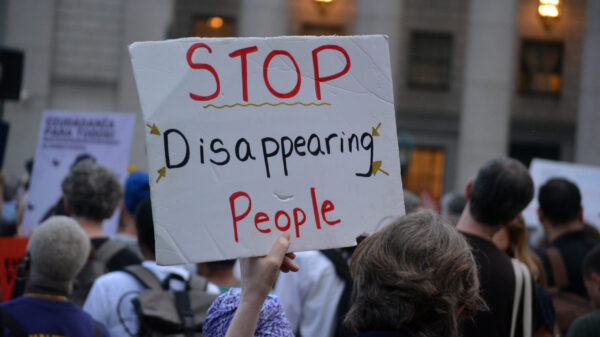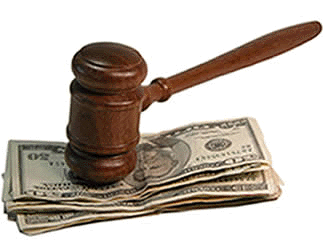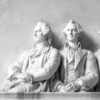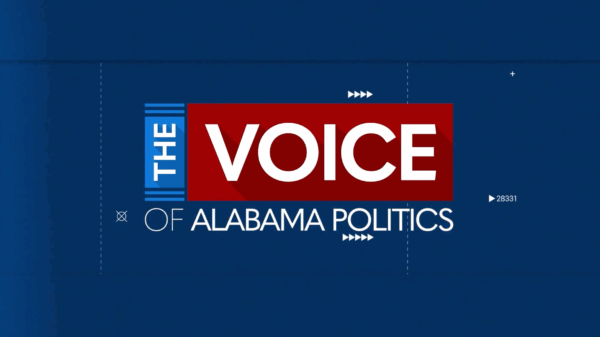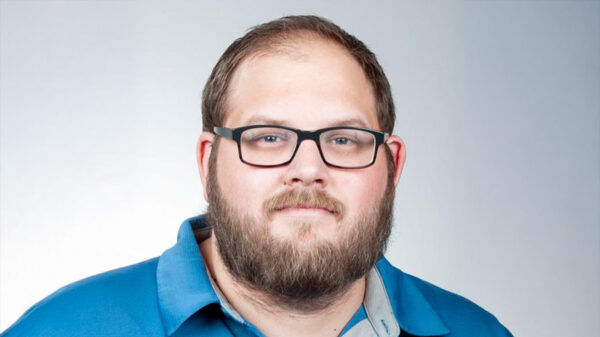By Bill Britt
Alabama Political Report
MONTGOMERY—For at least a year, Matt Hart, head of the Attorney General’s Office of Public Corruption and White Collar Crime Division, has been investigating potential criminal acts committed by Speaker of the House Mike Hubbard (R-Auburn).
No less than three grand juries have been used to investigate Hubbard and his cronies.
Currently, a newly impaneled Special Grand Jury is meeting in Lee County. A Special or Investigative Grand Jury is only impaneled when there is a suspicion of organized crime or political corruption.
Associates who have worked closely with Hart for many years have agreed to share what they have observed of Hart’s prosecutorial style with the Alabama Political Reporter. They wish to remain anonymous, as they are currently working in various departments within the criminal justice system.
Those who have worked with Hart over the years say that he uses a more federal style when conducting an investigation into public corruption.
“Hart uses Investigative grand juries to gather information…following the paper trail…this is not about indicting anyone, per se, but to see if there is any fire to the perceived smoke.”
These types of grand juries may meet for several years and may or may not indict anyone. But, it is an investigative tool available to the Attorney General’s Office.
In these cases a prosecutor such as Hart may also use these grand juries to gather preliminary testimony from those who may have pertinent information surrounding a potential case.
For example, a prosecutor may bring in a legislator to ask him about receiving a campaign contribution with strings attached. A scenario might develop along these lines: “I will give your campaign $40,000, but you need to spend $20,000.00 of that money with my media production company.”
Three weeks later, the person who offered the quid pro quo campaign contribution may be called in and questioned. A month later, a campaign volunteer may be subpoenaed to appear before the grand jury and asked the same questions.
It may be a year and a half down the road before the prosecutor is ready to act on any of the information. But, each person’s statement is on the record, under oath. Gathering testimony and documents are usually part of a investigative grand jury. But, there are times when gathering documents and sworn testimony may be taken from one or more different grand juries.
The most traitorous experience for some who are subpoenaed by Hart, is the phase in which testimony is given under oath.
“Many people are convicted for lying during a grand jury and that is a very serious crime,” said a prosecutor.
Those who have worked with Hart and those who have sat in the witness stand say that is a big stick he uses to get to the truth.
One former witness said, “The first thing he said to me was, ‘Do you know what perjury is?’ Just a few minutes later he asked me, ‘Are to telling me the truth? Because, if I find out you are lying to me, I am going to work as hard as I can to make sure you go the prison.'”
In Alabama it is felony offense to lie to an Attorney General’s investigator.
Section 36-15-62.1 – Providing false statements relating to any matter under investigation; penalties.
(a) Any person who knowingly commits any of the following in any matter under investigation by the Attorney General, or a prosecutor or investigator of his or her office, upon conviction shall be guilty of a Class C felony:
(1) Falsifying, concealing, or covering up a material fact by any trick, scheme, or device.
(2) Making a materially false, fictitious, or fraudulent statement or representation.
(3) Making or using a false writing or document, knowing the same to contain any materially false, fictitious, or fraudulent entry.
(4) Destroying, concealing, or secreting any document or other physical evidence.
Under section (b) Conviction, arrest, or prosecution of the matter originally under investigation is not a prerequisite to conviction under this section.
This is why some individuals go to prison…not for the crime that is under investigation, but for lying to the prosecutor.
It is also unlawful to encourage another individual to commit perjury, an offense called subornation of perjury, according to state law.
According to a the former prosecutors we spoke with, Hart very well may be in the phase of his investigation where he is convinced that a crime has been committed and is bringing in principle witnesses.
In Hubbard’s case, this would mean having those who have been close to the speaker over the years appear before the special grand jury.
Individuals like John Ross, who served executive director of the ALGOP when Hubbard was chairman and funneled money from the ALGOP back into his own businesses. (See story)
Other characters who have grown wealthy through their association with Hubbard, like Dax Swatek and David Azbell might be summonsed to the grand jury to give testimony about their knowledge of certain events.
Also legislators who took hundreds of thousand of dollars from Hubbard, men and women, like Jim Patterson, Paul Lee, Richard Baughn, Lynn Greer, Wayne Johnson, Mark Tuggle, Bryan Taylor, Tom Whatley, Quinton Hanson, DuWayne Bridges, Koven (K.L.) Brown, Terri Collins, Kerry Rich, and Dan Williams. Many of these individual received money from Hubbard-controlled political acton committees only to turn right around and spend large portions with Hubbard’s Craftmaster Printers or Network Creative Media.
It is all somewhat speculative as to Hart’s exact activities before the Special Grand Jury in Lee County. It could be another beginning, or the beginning of the end.
Those who have worked with Hart over the years say that his investigations are meticulous and far reaching. They also say that there is a ferocity and righteous-anger in his relentless pursuit of justice, that should have anyone in his sights trembling with fear.


